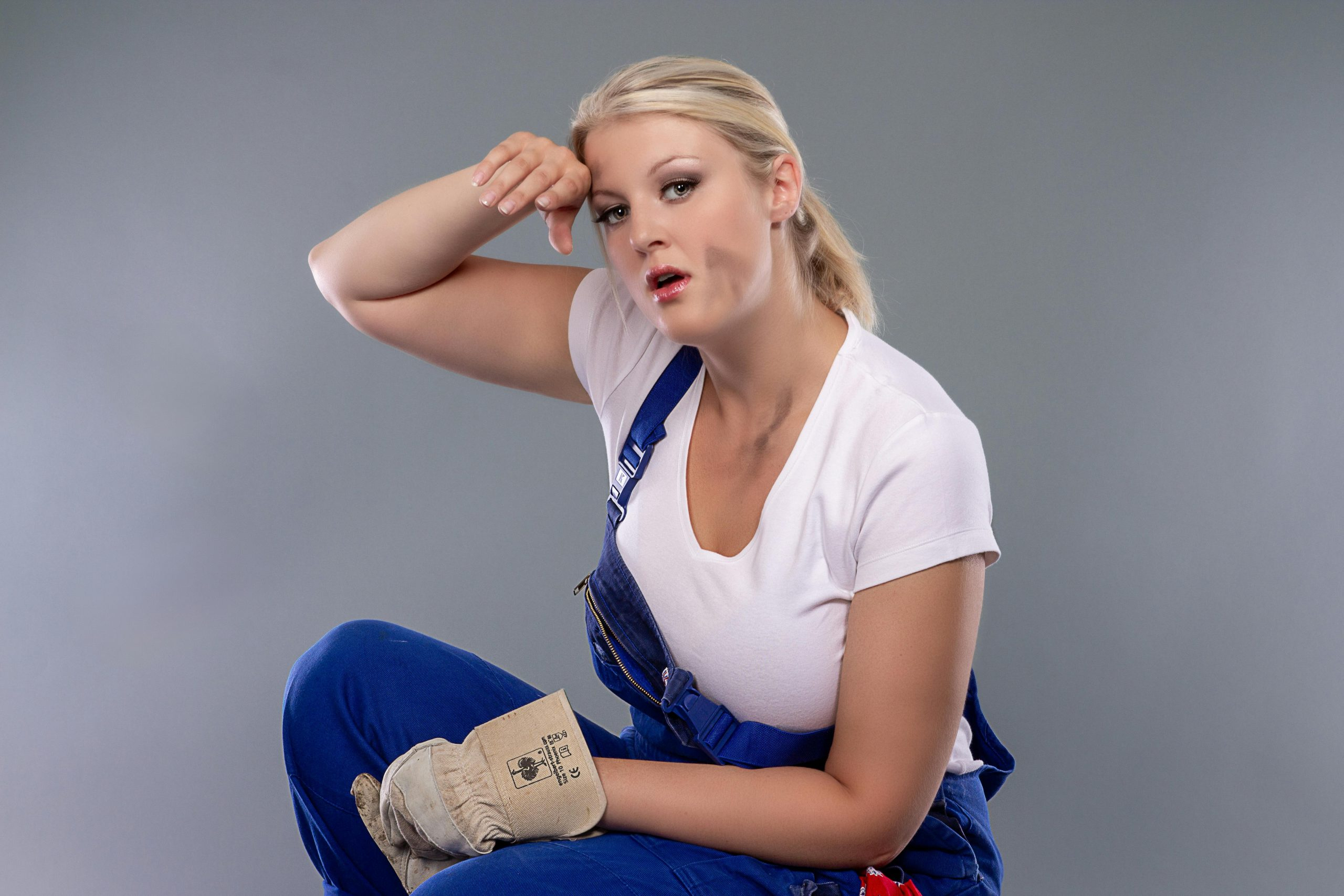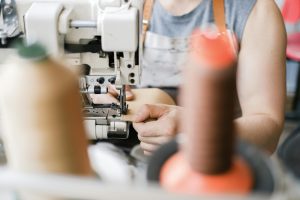Understanding the Ethics of Fashion Production and Labor Rights
Welcome to the world of fashion, where style and trends are constantly changing. Consumers are always on the hunt for the latest and greatest pieces, eager to express their individuality and keep up with the ever-evolving fashion industry. But have you ever stopped to think about the ethics of fashion production and the rights of laborers who make the clothing we wear?
What is Fashion Production and Why Does it Matter?
Fashion production is the process of designing, creating, and manufacturing clothing and accessories. It involves everything from sourcing materials, to cutting and sewing, to packaging and distribution. This industry is a major global player, with an estimated worth of over $2.5 trillion. However, behind the glitz and glamour of the fashion world, there are often dark secrets that are not being talked about.
The Negative Impacts of Fast Fashion
Fast fashion is a term used to describe the quick turnover of new, trendy styles produced by big retailers at affordable prices. While it may seem like a dream for consumers, the reality is that fast fashion has a devastating impact on the environment and the workers involved in production. The pressure to produce new collections at a rapid pace leads to exploitation of labor in developing countries, where workers are subjected to low wages, unsafe working conditions, and long hours. This cycle of mass production also leads to the excessive use of natural resources and the creation of high levels of waste and pollution.
The Importance of Fair Labor Practices and Ethical Production
The people who make our clothes deserve to be treated fairly and with dignity. Fair labor practices include providing a safe working environment, ensuring fair wages and working hours, and protecting the rights of workers to form trade unions. Ethical production also puts an emphasis on sustainability, using eco-friendly materials and responsible production methods.
Understanding Labor Rights in the Fashion Industry
In many countries, labor laws and regulations are often not enforced or are simply non-existent. This leaves workers vulnerable to exploitation and abuse. The Rana Plaza disaster in 2013, where a building housing garment factories collapsed, killing over 1,100 people, was a tragic wake-up call for the fashion industry. Since then, there has been a push for transparency and accountability in supply chains.
The Role of Consumers in Promoting Ethical Fashion
As consumers, we have the power to drive change in the fashion industry. By being conscious of where our clothes come from and how they are made, we can choose to support companies that have fair labor practices and ethical production methods. We can also demand transparency from brands and hold them accountable for their actions. It is our responsibility to make informed and sustainable choices when it comes to fashion.
In Conclusion
The fashion industry has a long way to go when it comes to ethical production and protecting the rights of laborers. However, with increased awareness and demand for change, progress is being made. As consumers, we have the power to shape the future of fashion and ensure that it is a fair and sustainable industry. So next time you go shopping, remember to ask #WhoMadeMyClothes, and make a conscious decision to support ethical fashion.










